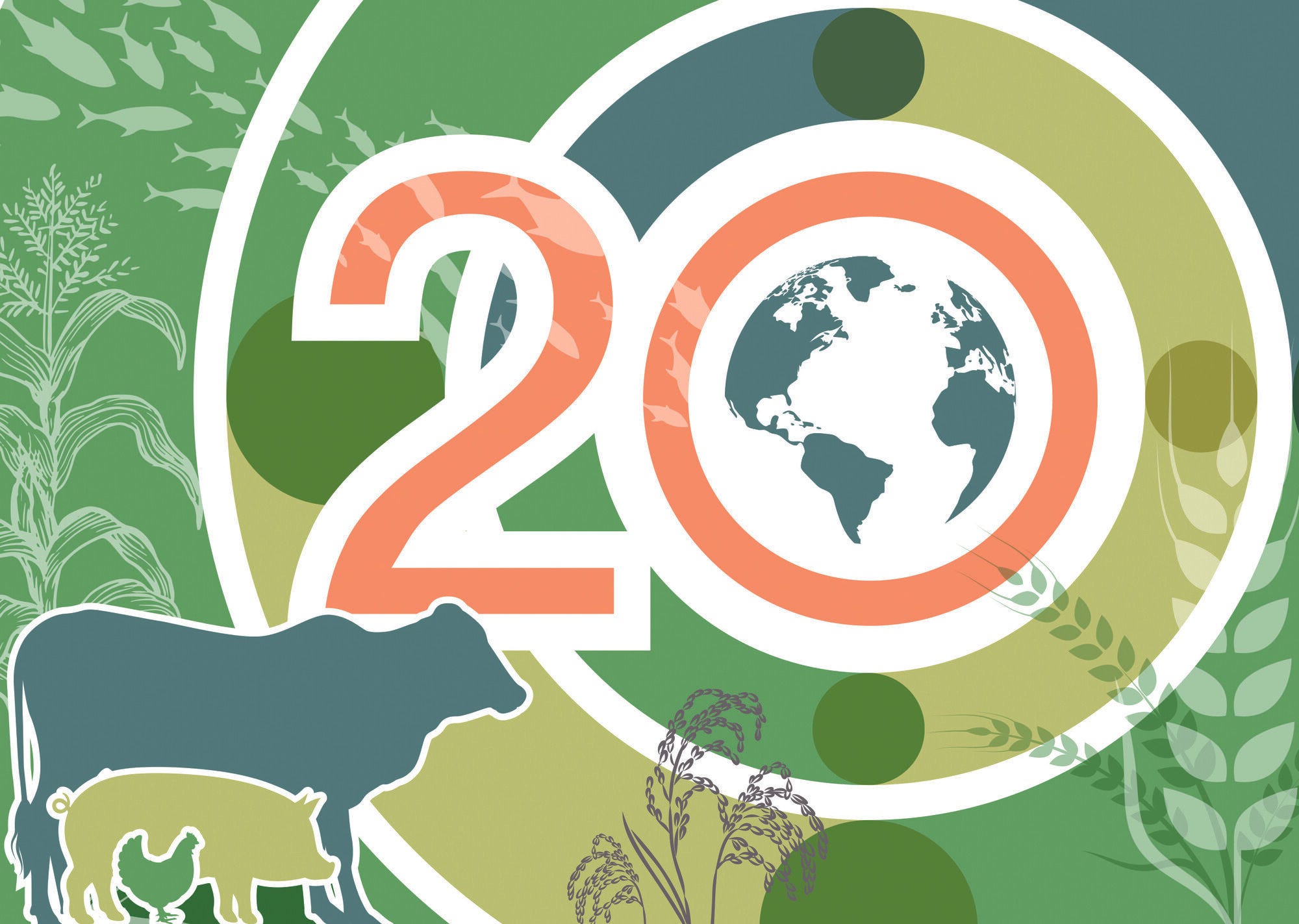This study catalogues the treatment of farmers within the tax and social security systems of a large number of OECD countries – knowledge of which has been very scarce up to now. The conceptual basis for deciding what constitutes a concession conferring financial benefit to the farmer is discussed and estimates of the values of those concessions are reported in the few cases where they have been found. Many different types of taxes are covered including income taxes, taxes on property, (annual or on transfer by death or sale), and taxes on goods and services, as is preferential treatment in social security contributions or entitlements. In all, twenty four countries are covered. The different measures are analysed from the point of view of their likely impact in distorting production and trade, and how they may affect structure and asset values in the sector. Finally, the report indicates that fuller integration of farming into economy-wide, social safety nets or tax systems could be more efficient, effective and equitable than sectoral approaches in tackling instability or low incomes in farming.
Taxation and Social Security in Agriculture





